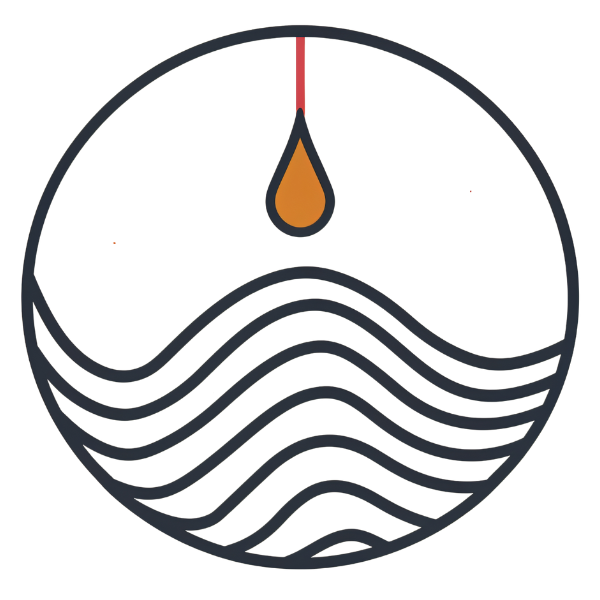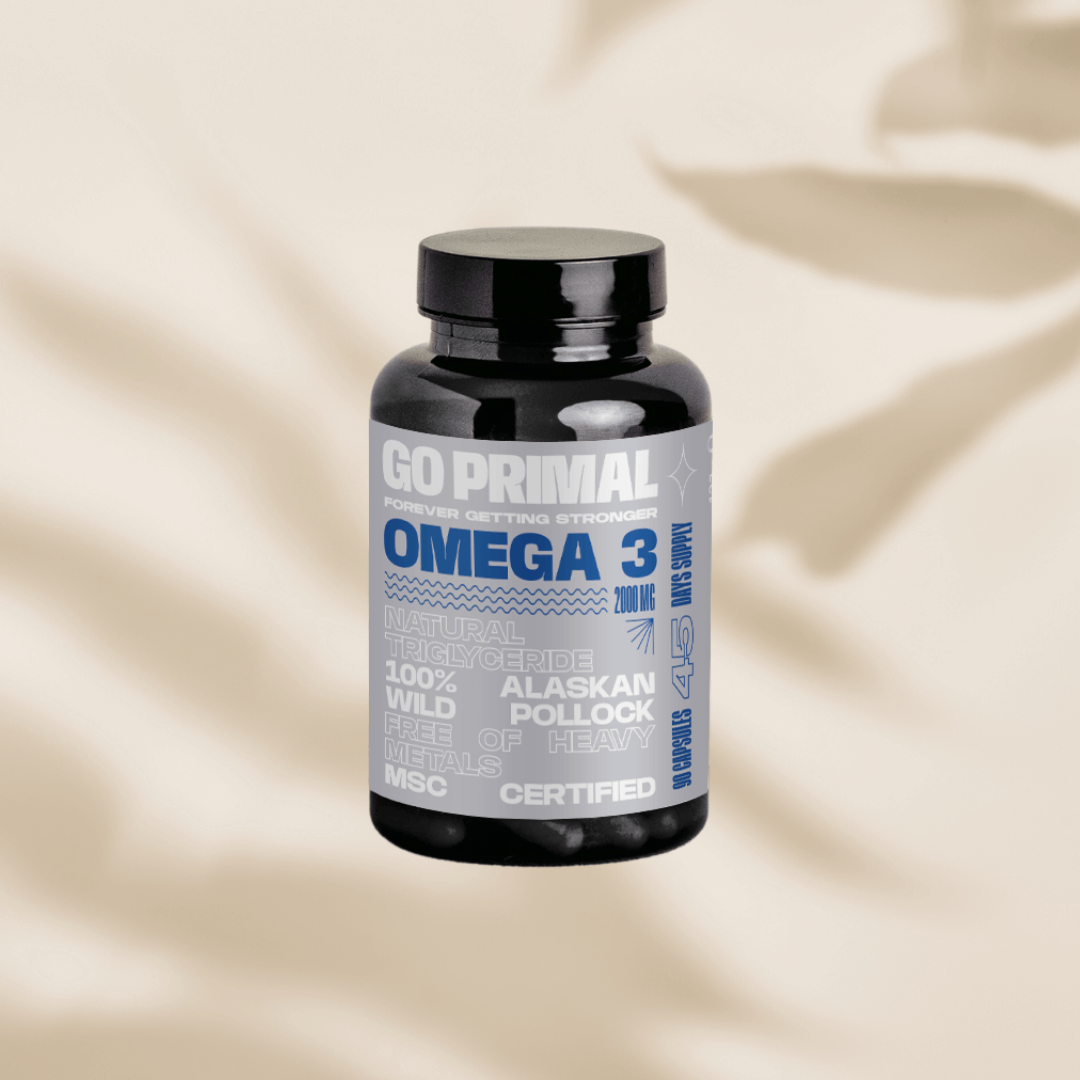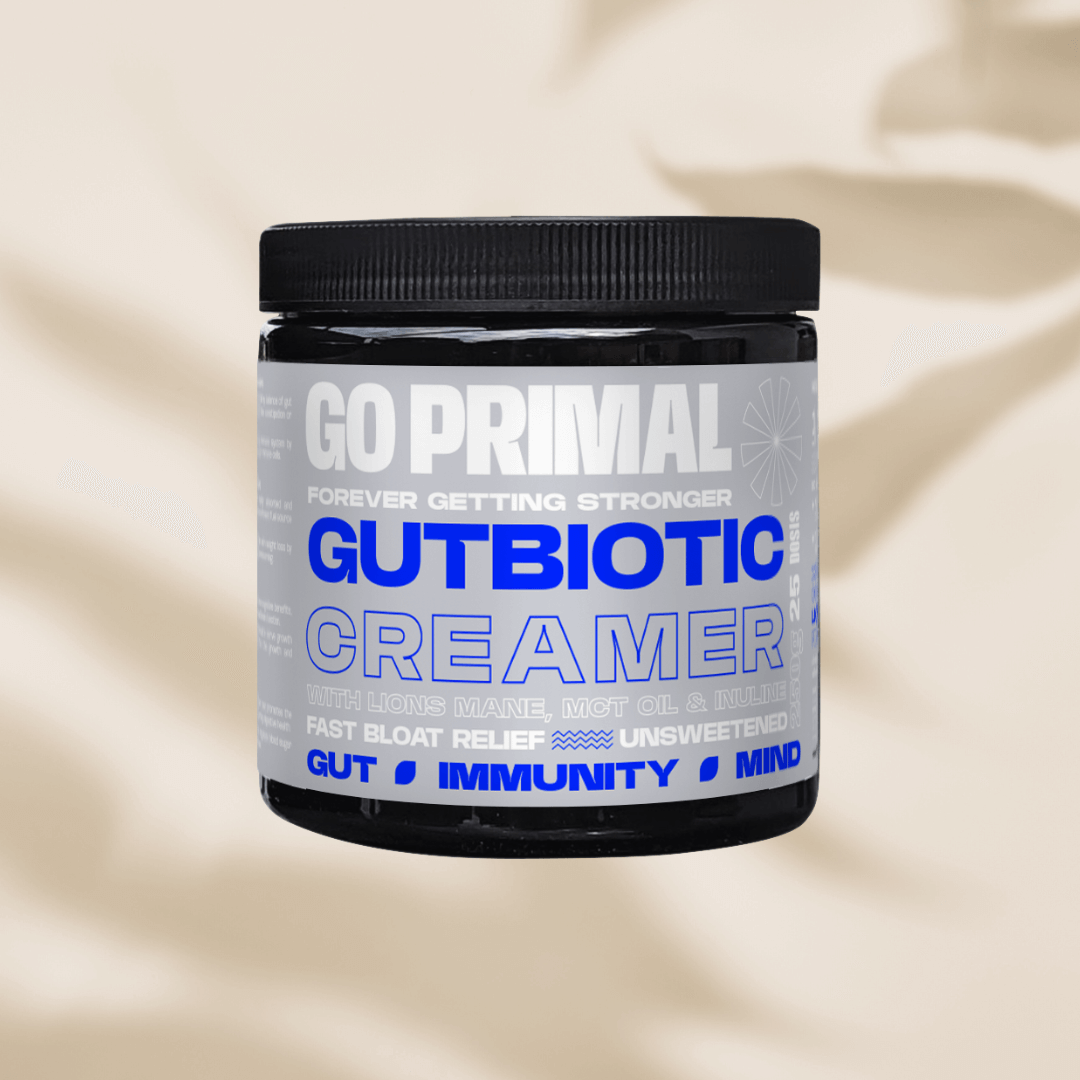
Anti-aging and Gut Health: The Scientific Link
Share
Did you know that your gut plays a huge role in how quickly you age? It may sound crazy, but it’s true! Scientists have discovered that the bacteria in your gut can affect how quickly your body ages, both inside and out. Let’s take a look at how your gut and aging are connected, and what you can do to stay healthy and young.
Key Points
- Eat healthy (lots of vegetables, fruit, good fats)
- Exercise regularly
- Relax and reduce stress
- Get enough sleep
- Take important vitamins and minerals
- Consider probiotic supplements
- Consider collagen supplements
Your Gut: A World Full of Bacteria
Billions of tiny creatures called bacteria live in your gut. Together, they make up your “microbiome.” This microbiome is incredibly important to your health. It helps you digest food, protects you from disease, and keeps your skin healthy. Your gut microbiome also plays a major role in regulating your immune system, making certain vitamins, and even how you feel via the connection between your gut and your brain.
Researchers have found that people with healthy microbiomes tend to live longer and look younger. That’s because healthy microbiomes reduce inflammation in your body. Inflammation can make you look and feel old faster. Healthy microbiomes also make substances that keep your skin supple and help make collagen.
Nutrition for Healthy Guts and a Youthful Appearance
What you eat has a huge impact on your gut and how quickly you age. Eating the right foods can strengthen your microbiome, reduce inflammation, and make your skin glow. Here are some tips:
- Eat lots of fruit and vegetables. They are full of fiber that your gut bacteria like. Try to eat at least 400 grams of vegetables and 200 grams of fruit every day, and choose different colors.
- Try yogurt or kefir. These contain good bacteria that help your intestines. Choose natural yogurt without added sugars.
- Omega-3 fatty acids are good for your skin and intestines. You can find them in oily fish or in pills. Try to eat oily fish twice a week.
- Drink enough water. This helps your intestines to work properly and keeps your skin fresh. Try to drink at least 2 liters of water every day.
A special tip: try prebiotic and probiotic supplements . These can help your intestines extra. Prebiotics are food for the good bacteria in your intestines, while probiotics add new good bacteria to your microbiome.
Exercise and Stress: Also Important for Your Gut
It’s not just food that’s important for your gut. Exercise and relaxation also help tremendously in keeping your microbiome healthy and slowing down aging. Here are some scientific insights:
- Try to walk or cycle a bit every day. This helps your intestines to move properly. Regular exercise ensures that your intestinal bacteria become healthier and more varied, which is good for your health and how long you live.
- Do things that calm you down, like yoga or reading. Stress is not good for your gut. If you are stressed for a long time, it can disrupt the balance in your microbiome and cause inflammation in your body.
- Get enough sleep. When you sleep, your intestines repair themselves. During the night, your intestines are cleaned and repaired. Try to sleep 7-9 hours a night to support your microbiome well.
Vitamins and Minerals: The Building Blocks for Staying Young

Some vitamins and minerals are extra important for your gut and staying young. These small nutrients help your microbiome and protect your cells from damage that can make you age faster:
- Vitamin D helps your intestines function properly and protects your bones. It also helps your immune system and reduces inflammation in your body. People with enough vitamin D tend to live longer and have a lower risk of aging-related diseases.
- Vitamin C is good for your skin and helps your body protect itself. It helps make collagen, which keeps your skin firm and supple.
- Zinc supports your immune system and helps repair your skin. It is also important for gut health and helps with over 300 processes in your body.
You can get these vitamins and minerals from your food, but sometimes a pill can help. Always ask your doctor what is best for you.
Collagen: Good for Your Skin and Intestines
Collagen is a substance that keeps your skin firm and elastic. It is also important for your intestines. As you get older, your body produces less collagen. That is why it can help to take extra collagen. Here are some scientific insights about the benefits of collagen:
- Collagen helps keep your intestinal wall strong. It supports the lining of your intestines, which is important for good digestion and nutrient absorption.
- It can make your skin look younger. Collagen is an important part of your skin and helps keep it supple and moist. Studies have shown that collagen pills can help reduce wrinkles and keep your skin more moist.
- It is also good for your bones and joints. Collagen helps keep your bones strong and your joints healthy. As we age, our bodies produce less collagen, which can lead to weaker bones and painful joints. Taking extra collagen can help slow this down.
You can try collagen pills , but also eat foods rich in collagen, such as broth or fish. In addition, certain foods can help your body make more collagen, such as citrus fruits, berries, and green leafy vegetables.
Sleep and Your Biological Clock
Good sleep is very important for your gut and to keep you looking young. Scientists have discovered that there is a strong connection between how well you sleep, how healthy your gut is and how quickly you age. Here are some tips:
- Try to go to bed and wake up around the same time every day. This helps your body get into a good rhythm, which is important for the health of your gut bacteria.
- Make your bedroom dark and quiet. Light at night can disrupt the production of melatonin, a substance that is not only important for sleep but also for the health of your intestines and for slowing down the aging process.
- Avoid screens (like your phone) right before bed. The blue light from these devices can throw your body clock off and reduce the quality of your sleep.
- You can use a sleep tracker to see how you sleep. This information can help you sleep better, which is good for your gut and to look younger.
When you sleep well, your gut can recover and you have less stress. This helps you look fresher and younger. During deep sleep, your cells repair themselves, which is important for looking young and for your body to function properly. Try to sleep 7-9 hours every night to get the most benefit from this.
Conclusion: Your Path to Healthy Guts and a Younger Appearance
Your gut and how quickly you age have more in common than you might think. Taking care of your gut can help you look younger and feel better. Remember these tips and try to implement them into your daily life:
- Eat healthy with lots of vegetables, fruit and good fats.
- Exercise regularly and try to relax.
- Get enough sleep and go to bed at the same time every day.
- Pay attention to important vitamins and minerals.
- Consider supplements such as probiotics or collagen .
- Drink enough water.
- Eat less processed foods and sugar.
By doing these things, you will help your gut and yourself stay healthy and young. Start making small changes today and you will notice the difference! Remember, it is important to do this every day. Small, daily habits can make big improvements in your gut health and how you feel over time. Be patient and give your body time to adjust to these healthy changes. If you take care of your gut today, you will look and feel fitter, younger and better in the future.




